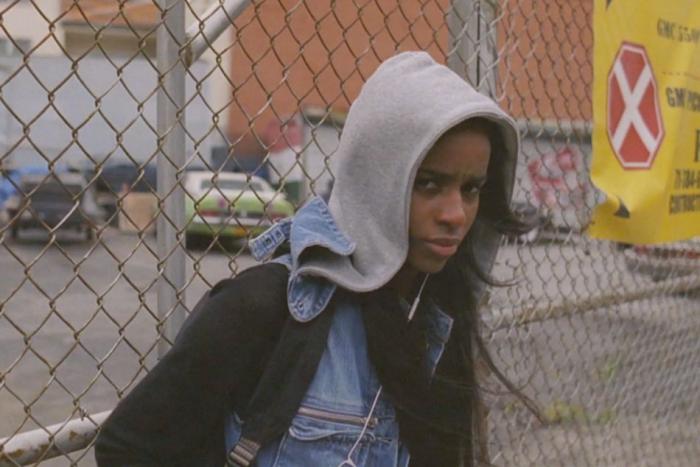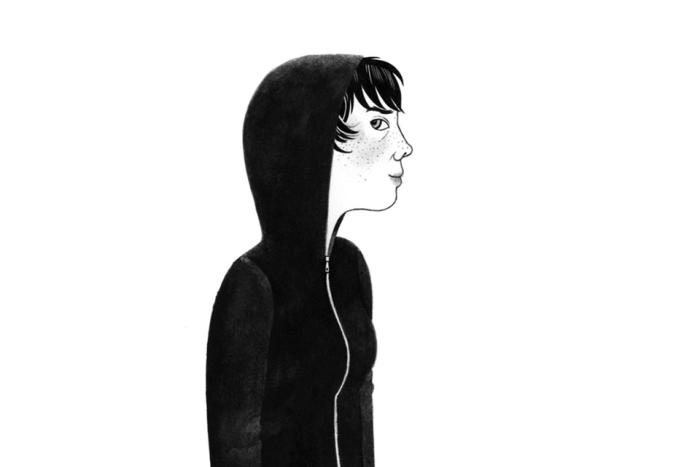The Oscar Pistorius-Reeva Steenkamp case has demonstrated at least one bad habit of the media: its propensity to take a sensational story in another country and blow it up into a portrait of an entire society. Hazlitt checks in with South African crime writer and former journalist Deon Meyer, author most recently of Seven Days, to get his take on how the case is playing out locally and around the world, providing a much-needed dose of perspective about what the case really means for South Africa.
What’s your impression of the international media coverage, especially insofar as it has trained attention on issues of police incompetence/corruption and personal security in South Africa? After the initial bombshell of the murder and Pistorius’s arrest, it was revealed that the chief investigating police officer, Hilton Botha, has himself been charged with attempted murder. That then led to stories more broadly about widespread corruption or negligence and officers being dismissed for failing in their duties.
Allow me to say, right off the bat, that the Pistorius case has been a tragedy—for the victim, for the alleged perpetrator, and for our country.
And, as is always the case in matters where an international celebrity is concerned, sensationalism has ruled the day (and weeks …). The media focus has been on all the negatives, and have totally ignored the plethora of positives.
Is it true that the South African Police Services is still struggling to adapt after the huge changes of the past two decades? Absolutely. And yes, there are corrupt and negligent members in the Service. And the media has shone a very bright spotlight on them. But it is, as usual, a very small part of a much bigger reality. There are more than 200,000 South Africans serving in the SAPS, and by far the majority of them are good, hardworking, honest cops, who successfully close thousands of criminal cases every year (including the apprehension of the suspects in the rape and murder case of teenager Anene Booysen in Bredasdorp).
Can you compare the efficiency of the SAPS to First World countries in the northern hemisphere? No, because South Africa is not a First World country.
Does the SAPS face major challenges? Yes. After the damage done by Apartheid to the image of police in South Africa, after the almost incomprehensible changes the Service had to go through since then, the huge loss of experience, two useless national commissioners, and a government that is failing us, much is left to be done. But there are very focused and intelligent projects being executed to address these challenges. It is going to take a while ...
As far as the arguments of the Pistorius defence—they are, with all due respect, designed to create a defense strategy against very serious charges. They are not necessarily the truth.
Personal security? I travel a lot in South Africa, for business and pleasure. I have never owned a firearm, and never will, simply because I cannot see the sense in it. I never feel personally threatened, no matter where I go. I don’t live in a gated, security complex. Ninety-nine percent of South Africans don’t.
There have been several headlines to the effect “Oscar Pistorius case: South African justice system is also on trial” [The Guardian]. Is this fair?
No, it’s not. Our justice system is not perfect (show me a perfect justice system anywhere in the world), but it is functioning very well.
Is there some aspect of the story you feel that isn’t getting the attention it deserves? Or some background the rest of the world needs?
All I can do, is to ask that people keep an open mind. Was the O.J. Simpson case representative of all the socio-economic ills in the USA? Probably not. And the Oscar Pistorius case does not provide a snapshot of life in South Africa.
What’s been the reaction locally to Pistorius being granted bail?
Both accolades from people who understand the law, and disgust from those who don’t.
Do you have any personal feelings about the Pistorius case, based on what we know so far, that you’d be willing to share? How well do you feel the police and court prosecutors have handled the case?
Pistorius is innocent until proven guilty, but there seems to be a very strong case against him. Obviously, Hilton Botha’s investigation was inept, and the SAPS should have realized immediately that the high profile case needed very senior, very experienced investigators. Their reaction was too slow, but at least the penny finally dropped. The SAPS will also have to revisit the possibility of returning to elite murder and robbery units. The current, new system is faulty. The prosecution has done well, so far.
What did you think of the decision to go ahead with the broadcast of “Tropika Island of Treasure,” the reality show featuring Reeva Steenkamp, only two days after her death?
I think it is reprehensible.
--
Oscar Pistorius by Chris Eason, via Flickr.






